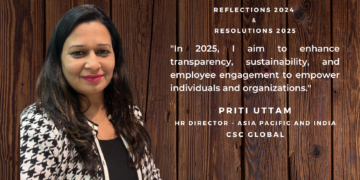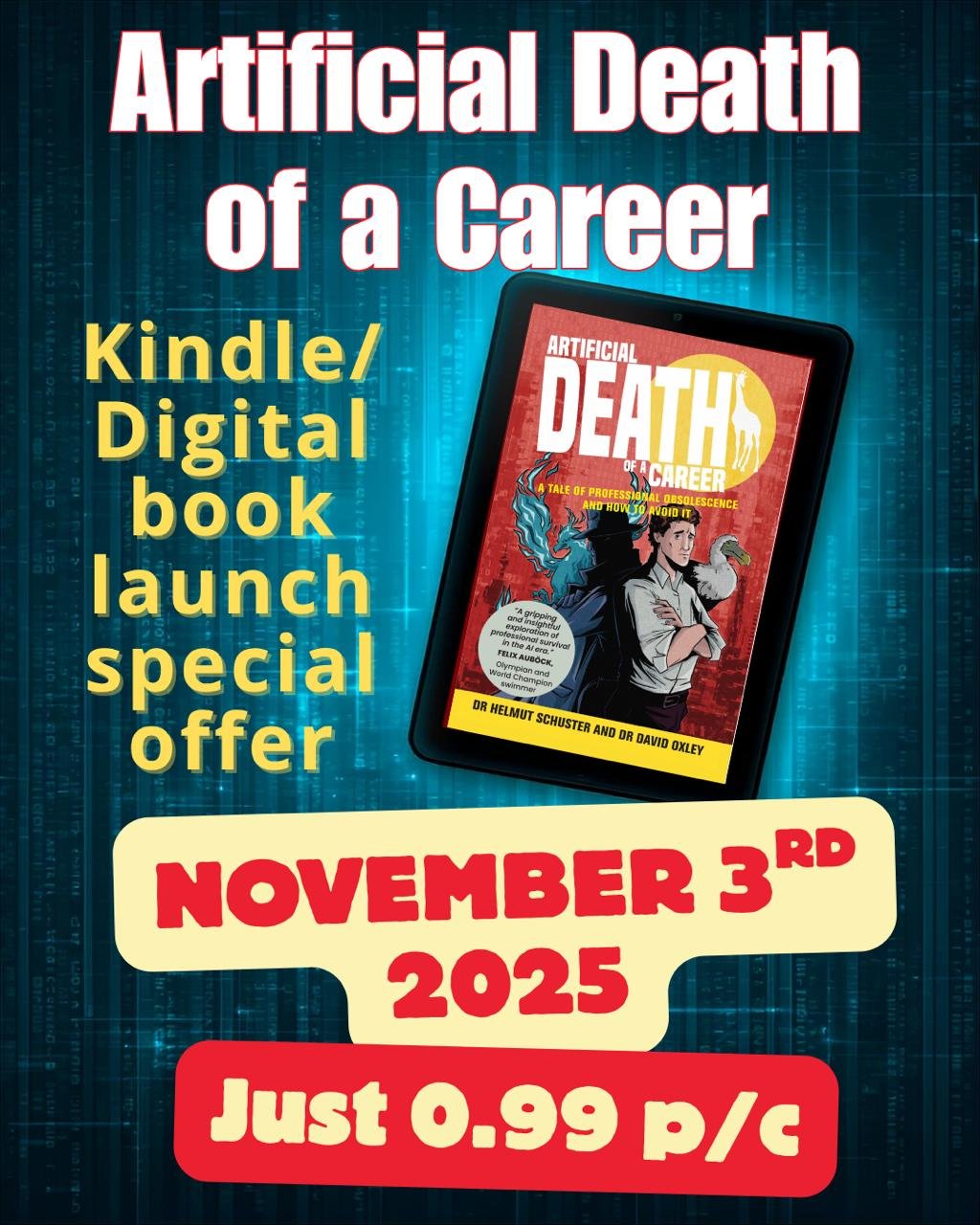Herbert A. Simon’s work profoundly impacted both the fields of cognitive psychology and artificial intelligence (AI), establishing him as a foundational figure in both domains. His interdisciplinary approach enabled groundbreaking contributions that have shaped the way we understand human cognition, decision-making processes, and the potential of AI to simulate these processes.
In Cognitive Psychology
Simon’s contributions to cognitive psychology are deeply intertwined with his work in AI. His interest in how humans think and make decisions led to the development of theories that have become central to cognitive psychology.
- Bounded Rationality: Simon introduced the concept of bounded rationality to explain how humans make decisions within the limitations of available information and cognitive capacity. This theory challenged the notion of humans as perfectly rational actors and provided a more realistic model of decision-making processes.
- Satisficing: Simon’s concept of “satisficing” is closely related to bounded rationality. Faced with complex decisions and a limited ability to process information, humans aim for satisfactory solutions rather than optimal ones. This concept has influenced numerous fields, including economics, psychology, and AI.
- Problem-Solving Models: Simon’s work on problem-solving, particularly through the development of the General Problem Solver (GPS) program with Allen Newell, provided insights into human cognitive processes. GPS was designed to mimic human problem-solving strategies, highlighting the heuristic methods people use.
In Artificial Intelligence
Simon’s contributions to AI were revolutionary, laying the groundwork for the field’s development.
- General Problem Solver (GPS): Simon and Newell’s GPS was a seminal project in AI, aiming to simulate human problem-solving behavior. Though it had limitations, GPS demonstrated the potential for machines to engage in heuristic problem-solving, significantly influencing subsequent AI research.
- Logic Theorist: Together with Newell and J.C. Shaw, Simon developed the Logic Theorist, which is considered the first AI program. It proved theorems from Bertrand Russell and Alfred North Whitehead’s “Principia Mathematica,” showcasing the potential of machines to perform logical reasoning.
- Heuristic Programming: Simon was a proponent of heuristic programming, advocating for AI systems that employ rules of thumb or shortcuts to solve problems. This approach reflects human problem-solving strategies, emphasizing efficiency over exhaustive analysis.
- Interdisciplinary Research and Emotional Cognition: Simon’s work spanned across disciplines, influencing not just AI and psychology, but also economics, management, and computer science. He addressed emotional cognition, proposing that AI could potentially replicate not just logical reasoning but emotional processes as well, though this idea was initially met with scepticism.
Simon’s legacy in both cognitive psychology and AI is a testament to his innovative and interdisciplinary approach to science. His theories on bounded rationality and satisficing continue to influence research and practice in various fields, from economics to computer science. In AI, his pioneering work laid the foundation for heuristic programming and the development of intelligent systems capable of simulating human problem-solving processes. Simon’s contributions have established him as a key figure whose work continues to inspire and challenge researchers across disciplines.











